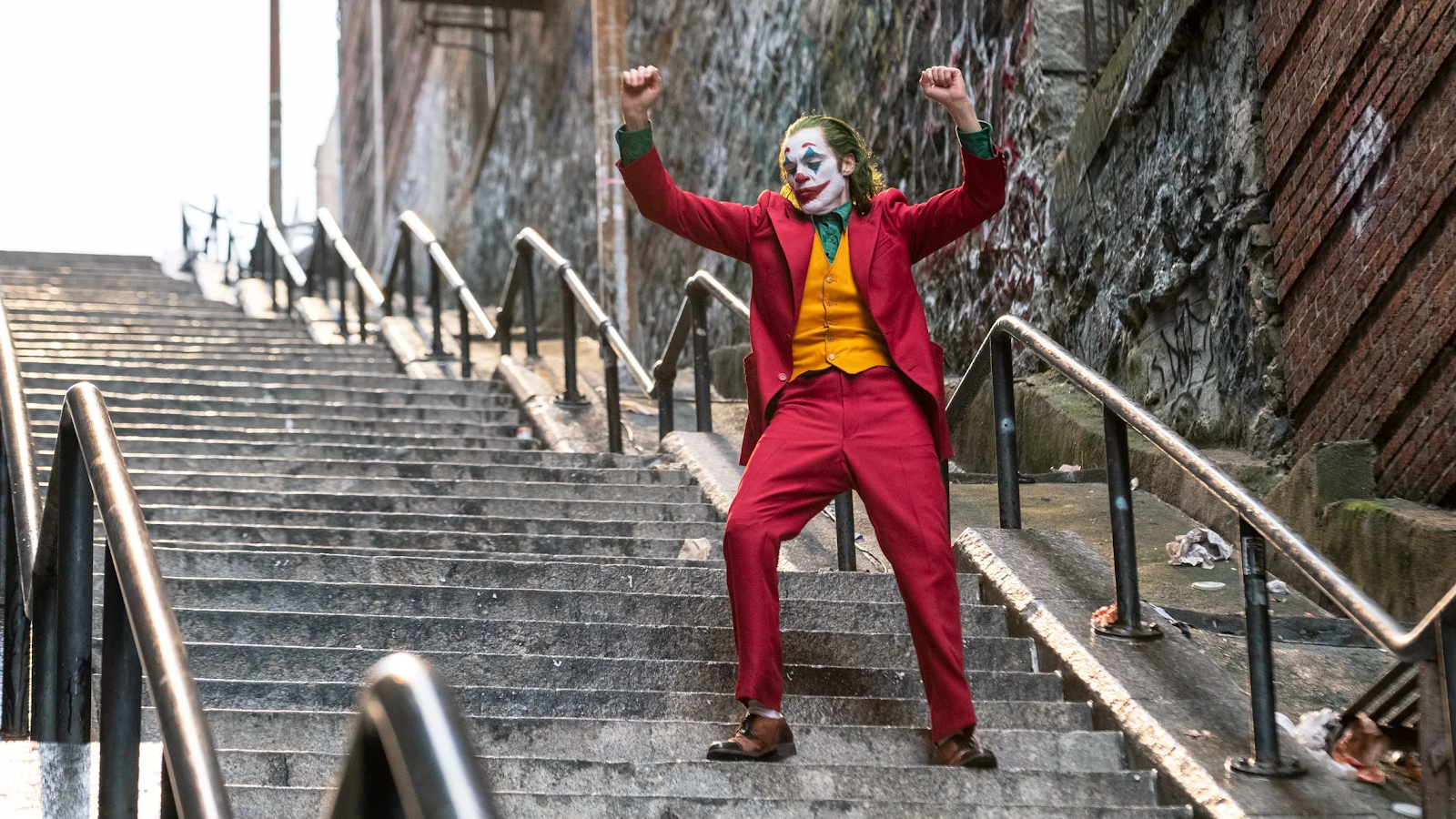Capital: Case Study Blog Tasks
Reviews and features
Read the following review and feature on Capital:
Guardian review by Sam Wollaston
London Evening Standard: five things you need to know about Capital
1) What positive points does the review pick out about Capital? What criticisms are made - either of the TV drama or the original novel?
It is a perfect representation of London but it is complicated
2) What references can you find in the reviews and feature to the idea Capital is a 'state-of-the-nation' drama? How does it capture modern-day London?
It captures modern-day London by showing the lives of ordinary residents from all sorts of backgrounds
Trailer analysis
Watch the trailer for Capital:
1) How does the drama use camerawork to capture London life?
Close-ups represent family life
2) How does the trailer use mise-en-scene to capture the family element of the drama?
A lot of the scenes are shot inside of a house
3) How does the trailer introduce narrative strands suggesting tension or enigma in the 40-second running time?
A woman is arguing
Representations: close-textual analysis
Capital offers a range of fascinating representations - from London and asylum seekers to capitalism and inequality. You need to be able to confidently discuss these issues in the context of 2015 London - with reference to key scenes from episode 1. Representations include: London, family, gender, ethnicity, religion, immigration, asylum, inequality, wealth, capitalism, aging and more.
1) Write an analysis of the representations in each of the key scenes from episode 1 we studied in the lesson:
Scene 1: opening sequence 00:30 – 4.49
Scene 2: work in the City 6.28 – 8.10
Scene 3: “Which of those isn’t absolutely essential?” 14.00 – 15.35
Scene 4: asylum 18.03 – 19.42 AND 31.10 – 32.40
Scene 5: “What use is 30 grand?” 36.40 – 39.00
Scene 6: life at the corner shop 40.10 – 42.55
You can choose which aspects to focus on for each scene: e.g. London, family, gender, ethnicity, religion, immigration, asylum, inequality, wealth, aging etc. Feel free to use bullet points for each scene.
2) How does Capital use stereotypes? Do the characters and issues represented in Capital reinforce or subvert the stereotypes we typically see in the media?
South Asian working at a corner shop - reinforces stereotypes
Industries and production context
Capital was produced by independent production company Kudos for the BBC. Look at the Kudos website and also read the Kudos Wikipedia page.
1) Who is the parent company for Kudos?
2) What was the breakthrough show for Kudos in 2002?
3) Watch the showreel on the Kudos website. What other TV dramas have Kudos produced? What awards have they won?
4) What audience pleasures does the showreel suggest Kudos productions offer?
Personal identity - viewers can relate to the characters
Marketing and promotion
Read the BBC Press Pack for Capital.
1) How does the programme information on page 3 make Capital sound interesting to audiences?
2) Why does the programme information mention the other shows that the director and producer have worked on?
3) Who commissioned Capital for BBC?
4) Read the interview with Toby Jones. What does he say about the character of Roger?
Roger isn’t an evil banker, he’s a slightly complacent banker. He’s become used to a certain way of life and has a self-imposed pressure to live that way. He spends a lot of money on things that other people don’t spend money on – for example, fixtures and fittings - but that is normal to him and his wife. He is not totally in charge of his life or his work.
5) Read the interview with Adeel Akhtar (page 10). What does he suggest Capital says about the fictional Pepys Road and the sense of community (or lack of it) in London?
6) Read the interview with Shabana Azmi (page 12). What does she say about Asian representations in Britain?
7) Read the interview with Peter Bowker (who adapted Capital - page 14). What are his favourite scenes in the drama and why?
8) Read the interview with Derek Wax, the Executive Producer for Kudos (page 16). Why did he produce Capital and what does it say about the way we live now?
 DVD packaging
DVD packagingLook at the DVD packaging for Capital. There are many marketing techniques employed here.
1) How does the packaging use other critically acclaimed TV dramas to promote Capital?
2) What does the use of design and images suggest to the audience about the drama?
3) How are review quotes used on the cover and what do they suggest to the audience about sub-genre, narrative and audience pleasures?
4) What representation of London does the DVD packaging offer?

Comments
Post a Comment